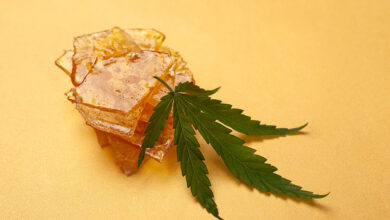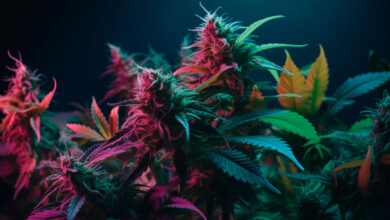What Is THCA vs THC? Navigating the Differences in Cannabis Compounds
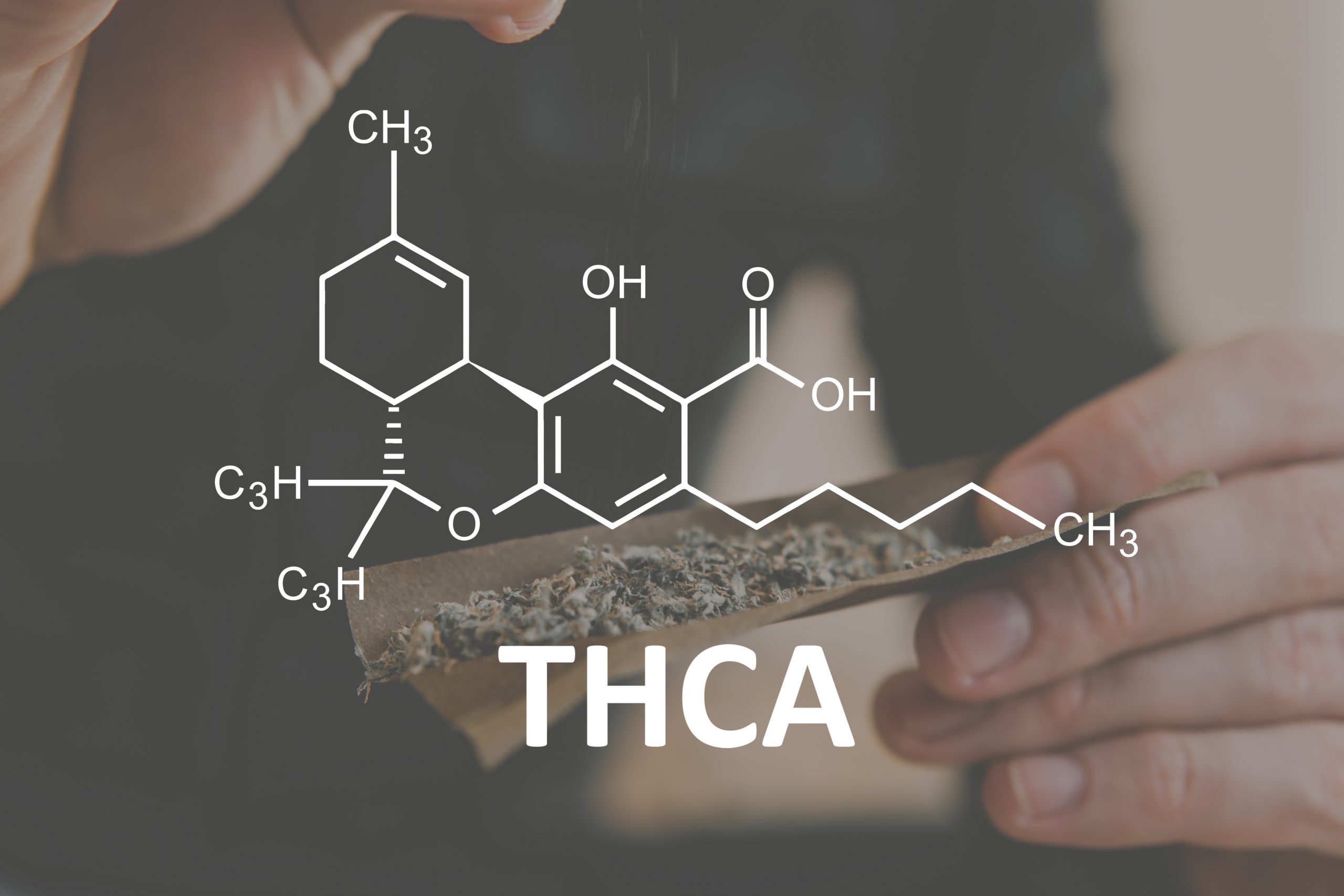
The world of cannabis is rich and complex, hosting a multitude of compounds with varied effects and characteristics. Among these, tetrahydrocannabinol (THC) is perhaps the most well-known, famous for its psychoactive properties.
However, another compound, tetrahydrocannabinolic acid (THCA), often goes unnoticed despite its significance in the cannabis plant’s life cycle and potential therapeutic benefits. This article aims to demystify these compounds, exploring their differences, synthesis, and roles within the cannabis plant and its use by humans.
Understanding the Cannabis Plant
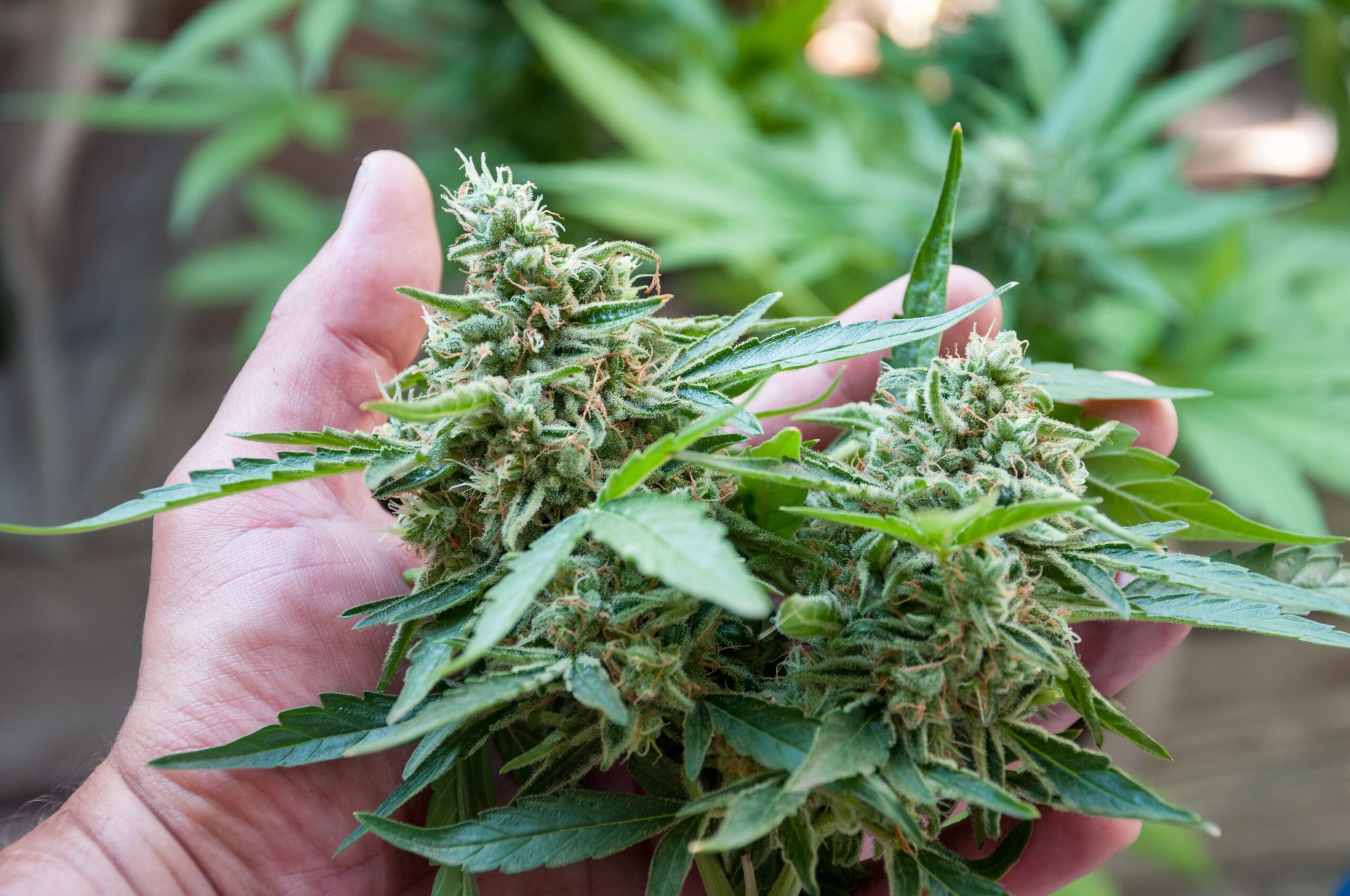
Cannabis, a plant that has been at the center of legal, medical, and social discussions for decades, is a treasure trove of chemical compounds. Over 100 different cannabinoids have been identified in marijuana, each with unique properties and effects. THC stands as the most prominent due to its psychoactive effects, which has led to both its popularity and controversy.
However, in the raw cannabis plant, THC is not present in significant amounts. Instead, its precursor, THCA, dominates the plant’s cannabinoid profile. The thca flower, known for its potential therapeutic properties, is gaining attention in the medical cannabis community as researchers explore its various applications.
The Biochemical Transformation
THCA is a non-psychoactive cannabinoid found in fresh and live marijuana. As the plant dries, cures, or is heated, a process known as decarboxylation occurs, where THCA is converted into THC. This transformation is not just a minor chemical change; it represents a shift from a non-psychoactive substance to one that has profound effects on the human brain. The decarboxylation process is critical in the preparation of cannabis for consumption, whether for medicinal or recreational purposes.
Psychoactive vs. Non-Psychoactive
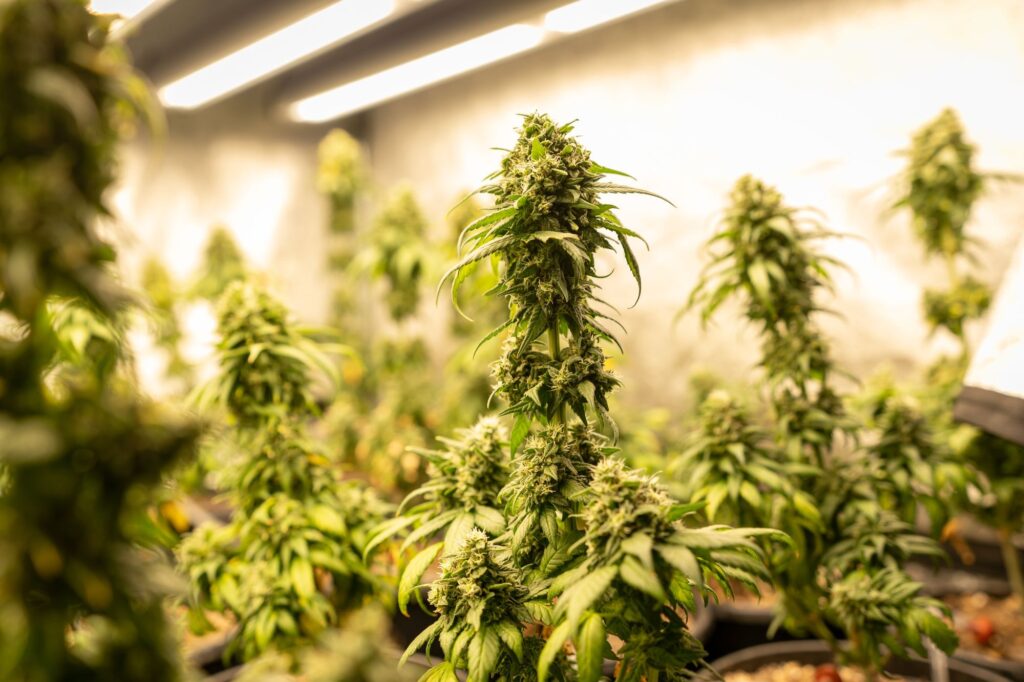
The fundamental difference between THCA and THC lies in their psychoactive properties. THCA, as a precursor to THC, does not produce the “high” associated with marijuana. In contrast, THC binds to cannabinoid receptors in the brain, producing a range of psychoactive effects. This distinction is crucial for consumers and medical professionals, as it influences how cannabis is used and perceived in various contexts.
Therapeutic Aspects
The therapeutic potentials of both THCA and THC have been a subject of interest in the medical community. While THC has been studied extensively for its pain-relieving, anti-inflammatory, and antiemetic properties, THCA has received less attention. However, preliminary research suggests that THCA may have its own set of therapeutic benefits, including neuroprotective and anti-inflammatory effects. The challenge lies in harnessing these potentials in a way that maximizes their benefits while minimizing risks.
Cannabis Consumption
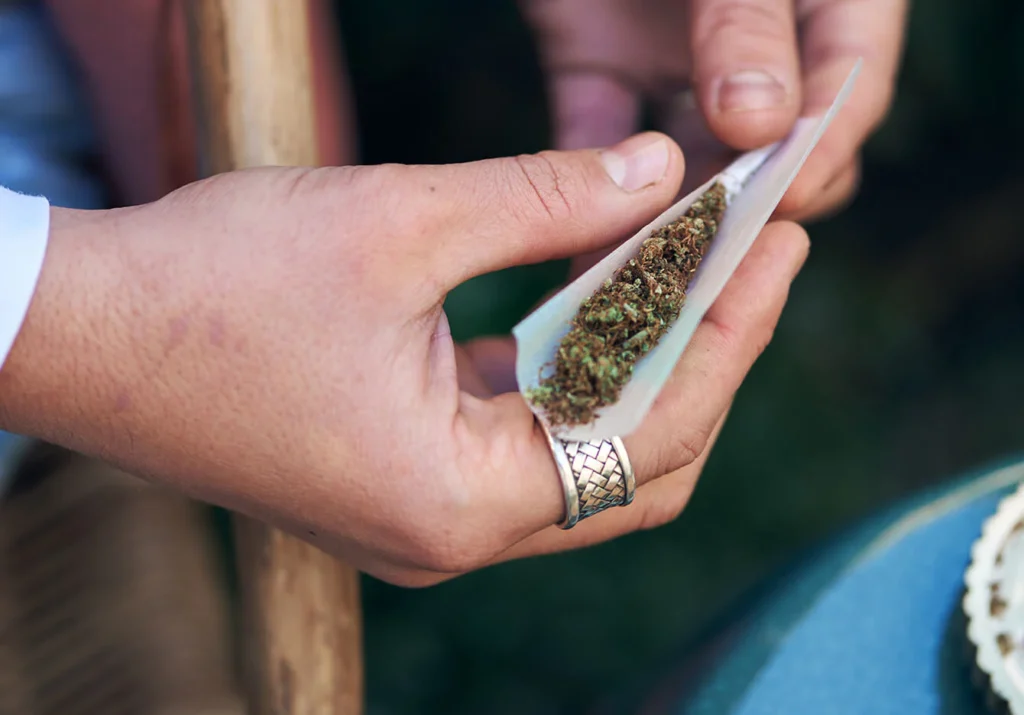
The consumption of cannabis, whether for medicinal or recreational purposes, can take many forms. Understanding the differences between THCA and THC is vital in choosing the appropriate method of consumption. For example, raw marijuana juices or salads preserve THCA’s non-psychoactive properties, while smoking, vaping, or baking marijuana facilitates the conversion of THCA to THC, emphasizing its psychoactive effects.
Regulatory and Legal Implications
The legal landscape surrounding cannabis is complex and varies widely across different jurisdictions. The distinction between THCA and THC is not just a matter of chemistry but also of legal interpretation. In some regions, regulations may focus on THC content, overlooking THCA. This can have implications for growers, consumers, and law enforcement, underscoring the need for a nuanced understanding of marijuana compounds in legal contexts.
Exploring THCA and THC
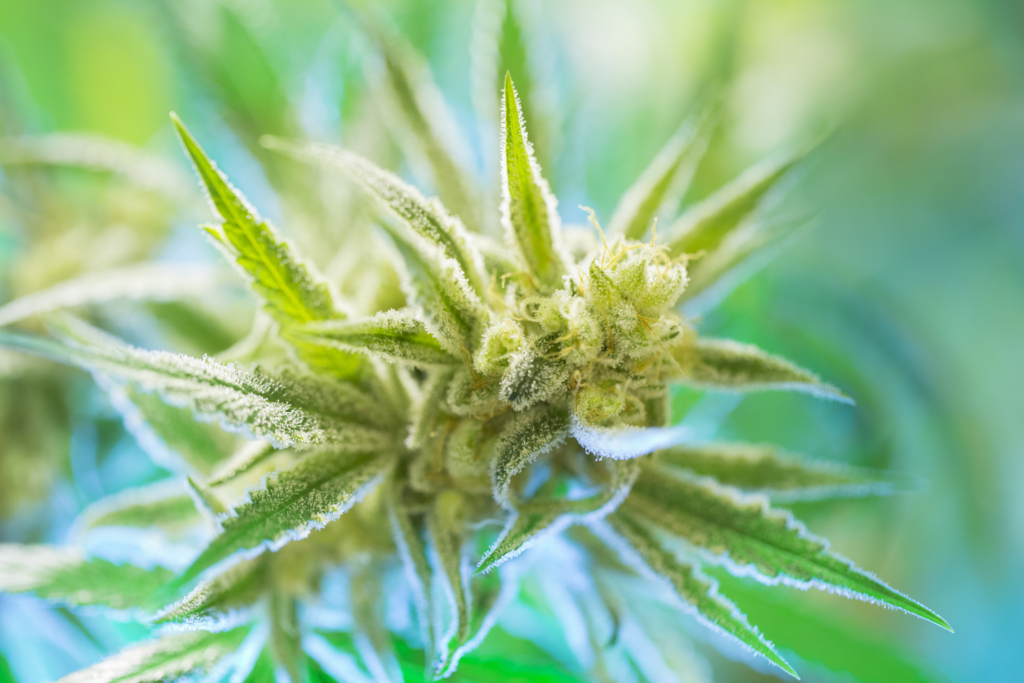
The exploration of THCA and THC in the scientific community is an ongoing journey. With the evolving landscape of cannabis research, scientists are delving deeper into understanding the molecular intricacies and physiological impacts of these compounds. This research is not just about understanding the compounds in isolation but also about how they interact with the human body, particularly the endocannabinoid system. This system plays a crucial role in regulating various physiological processes, and both THCA and THC interact with it, albeit in different ways.
Extraction and Isolation: Techniques and Challenges
The extraction and isolation of cannabinoids like THCA and THC from the cannabis plant are critical processes in the production of marijuana products. These processes require precision and care, as they influence the purity, potency, and safety of the final product. Various extraction methods, such as CO2 extraction, ethanol extraction, and others, have their own sets of advantages and challenges. The choice of extraction method can affect the concentration of THCA and THC, as well as the presence of other cannabinoids and terpenes, which contribute to the overall effect of the cannabis product.
The Role of Genetics and Cultivation
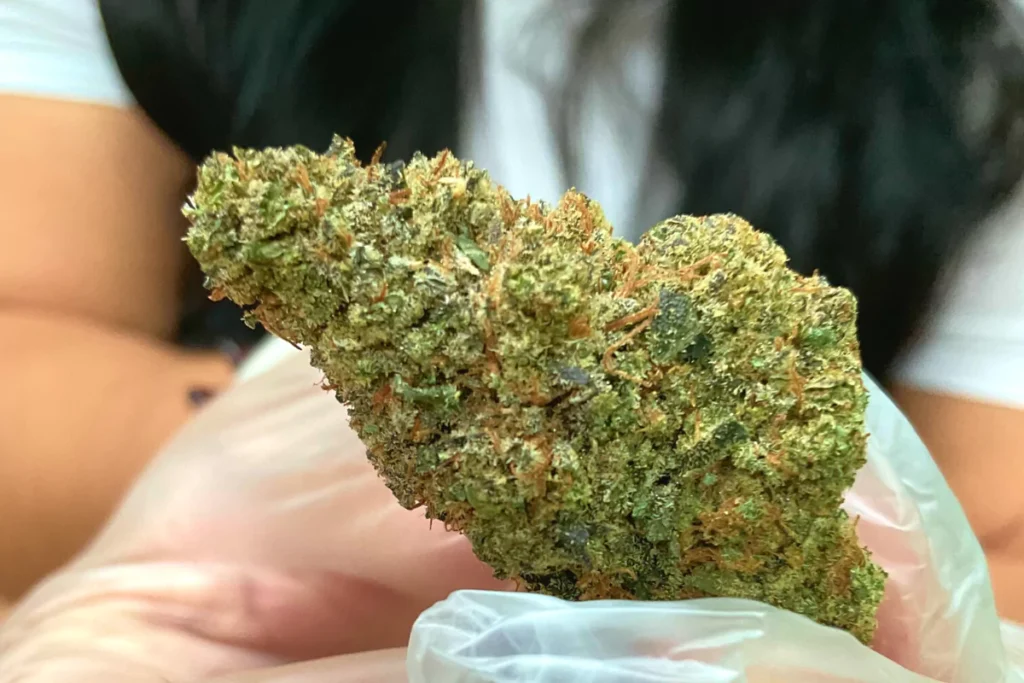
The concentrations of THCA and THC in marijuana plants are not only a result of post-harvest processing but are also influenced by genetics and cultivation practices. Different cannabis strains have varying cannabinoid profiles, some with higher levels of THCA, and others with more THC. Cultivation conditions such as light, temperature, and soil can also impact these levels. Understanding the genetic and environmental factors that influence THCA and THC production is crucial for cultivators aiming to produce specific cannabinoid profiles for different purposes.
Medical Cannabis
In the realm of medical cannabis, the balance between THCA and THC is a topic of significant importance. Different medical conditions may respond better to different cannabinoid profiles. For instance, some patients may benefit more from the non-psychoactive effects of THCA, while others may require the psychoactive properties of THC for symptom relief. The challenge for medical professionals and patients is to find the right balance, which involves not only the choice of strain but also the method of consumption and dosage.
Recreational Use
In recreational marijuana use, the preference for THCA or THC varies among users. Some recreational users prefer the psychoactive effects of THC and seek out methods of consumption that maximize THC content. Others, however, may prefer milder effects or are interested in the potential wellness benefits of THCA. The recreational cannabis market reflects this diversity, offering a range of products catering to different preferences.
Summary
In conclusion, the world of cannabis compounds, particularly THCA and THC, is dynamic and evolving. Understanding the differences between these two compounds is crucial for anyone involved in the cannabis industry, whether as a consumer, medical professional, cultivator, or policymaker.

